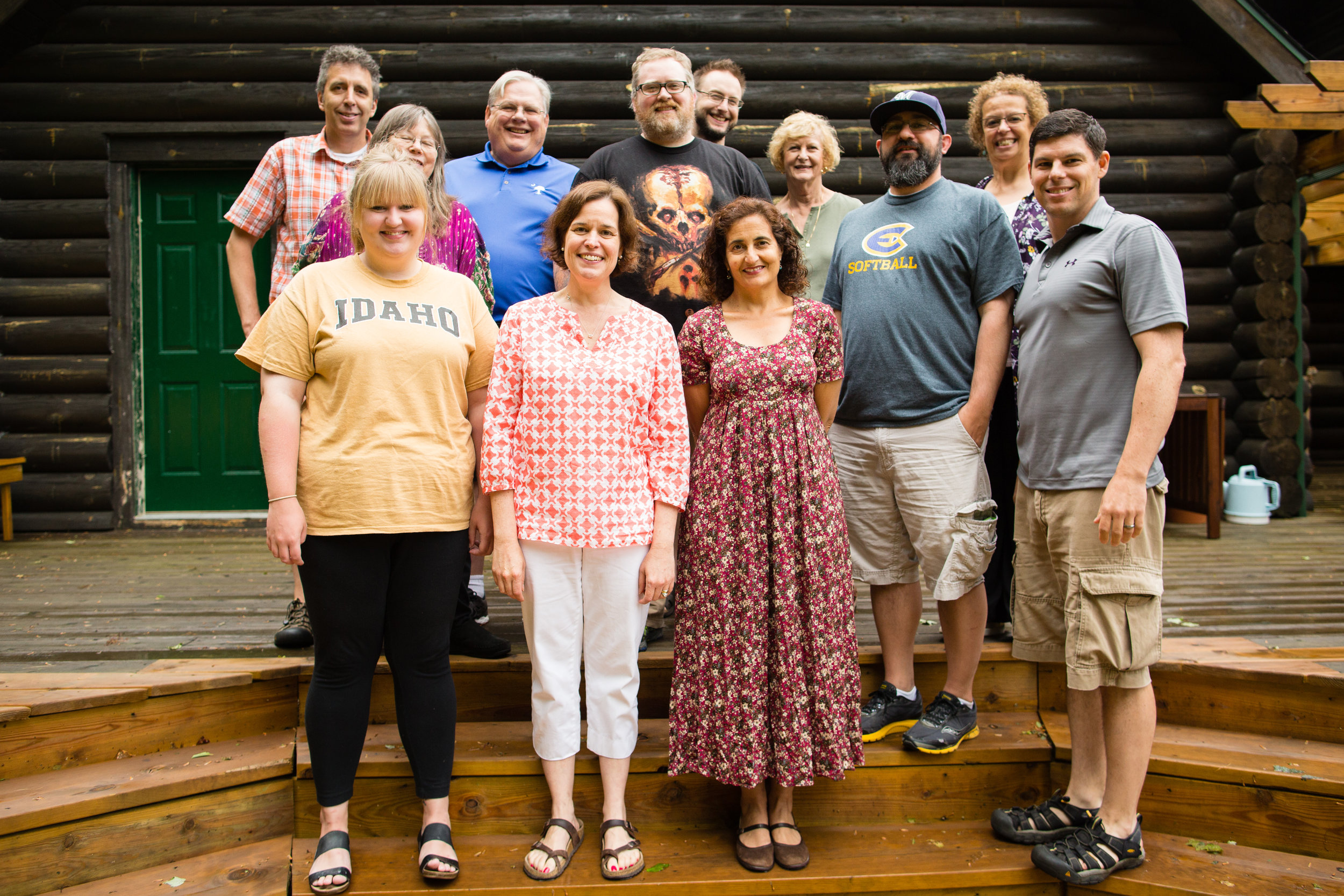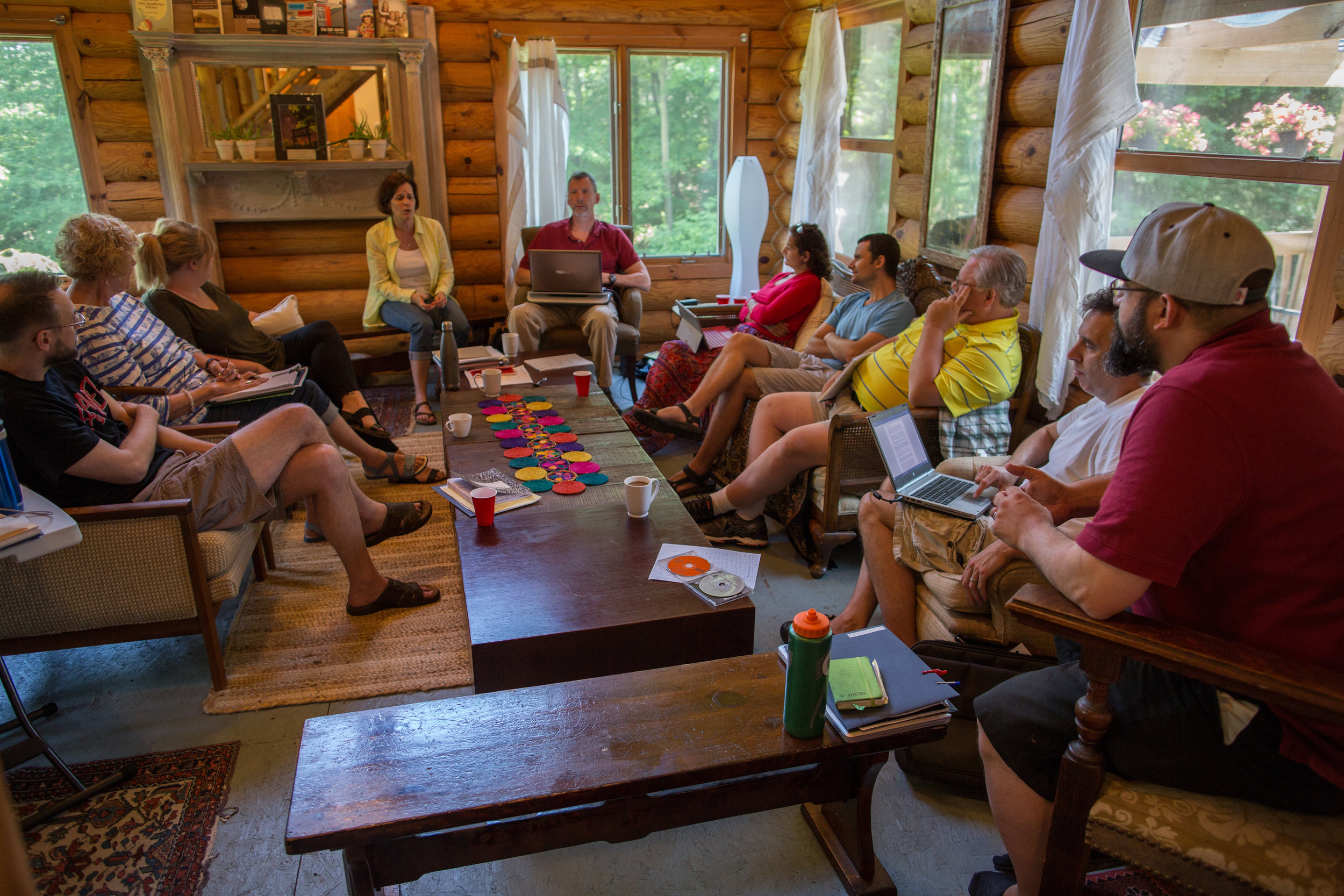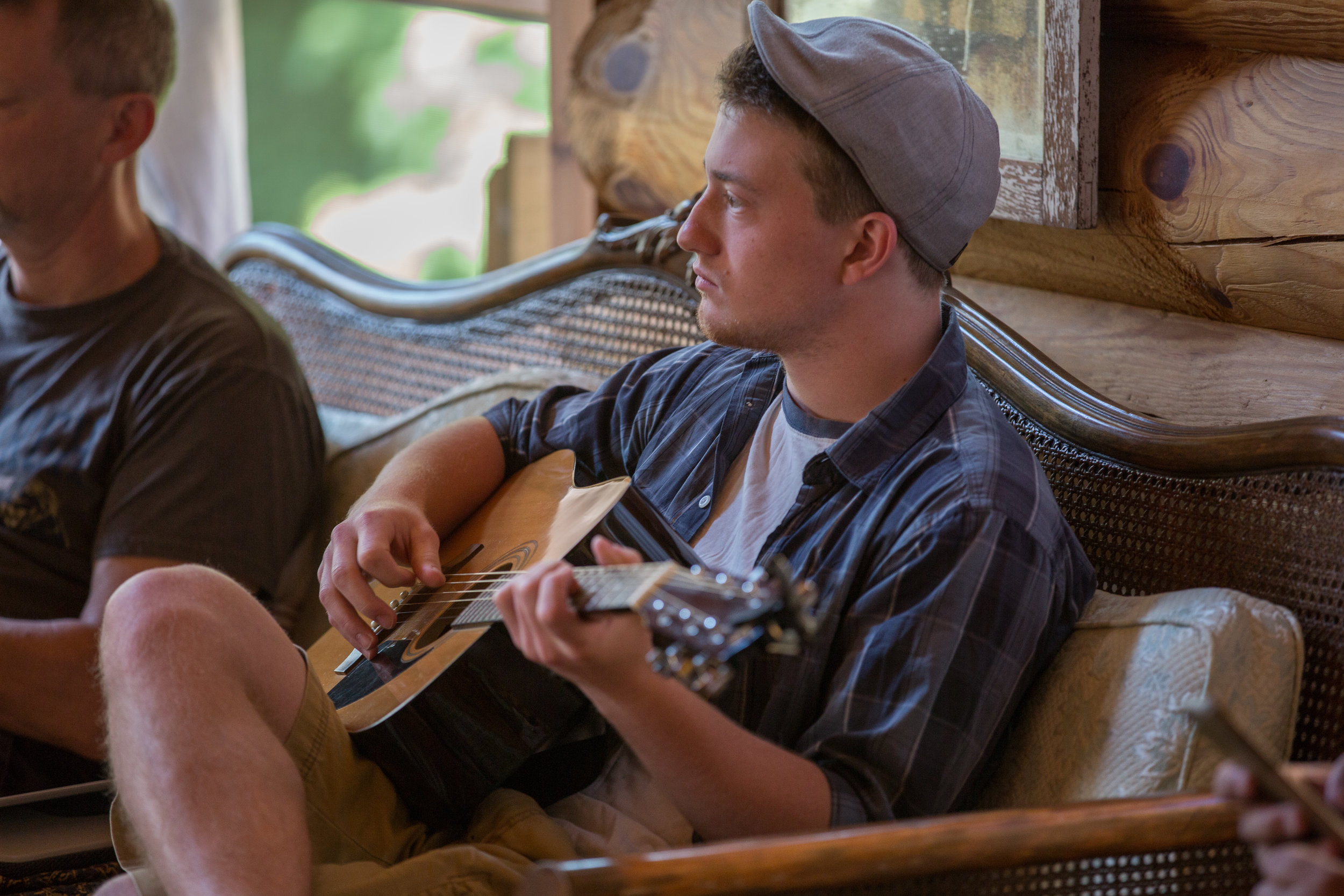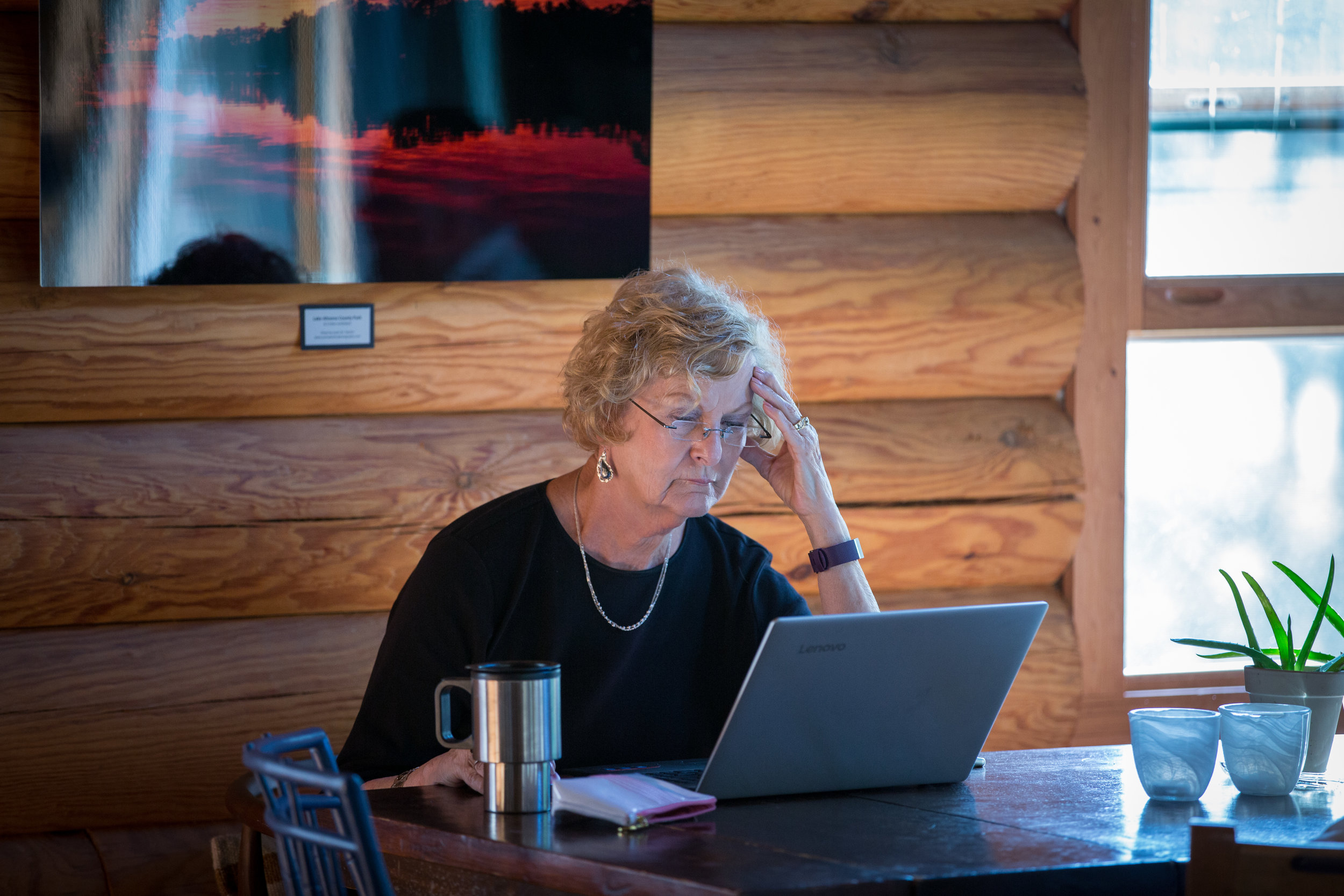By Jeana Conder
Several months ago I set out on the task of asking local writers to answer a series of eight questions I compiled. The responses I received are now creating our newest series, “From the Mouth of Writers.” We hope that this series allows upcoming writers to gain knowledge from others with the same passion. This month’s question: Is there a personal item or a space that gives you inspiration to write?
Allyson Loomis
Absolutely not. My life is so busy with full-time work and full-time parenting and housekeeping, that if I get a stretch of free time to write, I just plop down wherever I am. A lowered toilet lid in a quiet bathroom is a fine place to sit with a laptop and get a few sentences done.
Sandra Lindow
When I want to write something I usually go for a walk. I sometimes take notes although I have found that some ballpoint pens don’t work in winter. Now I know why poet Mary Oliver takes a pencil when she goes for a walk in the woods. When I come home, I sit in my recliner and write on my laptop. Our cat, Maisie, died last summer, but in the twenty years before that, Maisie added purrrpose to my writing by sitting on the arm of my chair.
Molly Patterson
I'm a strong believer in demystifying writing, so I don't have any talisman or any specific place that I need to write. I don't want to have to have a candle burning to inspire me, because what happens when I can't light that candle? For me, it's establishing the habit of writing that is important, not surrounding myself with objects that put me in the mood to write. The fact is, you're not always going to want to write. In fact, you'll probably very often feel like you'd better do anything else rather than write (I know I feel that way a lot), though usually, once you start writing you find that it's actually not so bad, after all. And then you get to feel glad that you have written today, which is much better than feeling guilty that you didn't write today, as you'd meant to do. If you're someone for whom an object or a space can be the thing that gets you to buckle down and open up that document, then that's great. For me, though, it's simply about a commitment: I will write most days, and I won't push it to the back burner as something to get to once I finish everything else. "Everything else" will never be done. You have to be selfish with your writing time.
Bruce Taylor
Inspiration is wonderful if and when it happens. But don’t rely on it. Inspiration is for amateurs.
Jon Loomis
Funny you should ask this, as I tell my advanced poetry classes to acquire a “mojo” item and keep it on hand while they’re working. I’ve had a series of meaningful hats, and I seem to work pretty well these days at our cabin up north, although I don’t get up there as often as I’d like.
Marsha Qualey
The main lecture hall we use at Hamline is known as GLC 100. So many times I have walked out of that lecture hall inspired by what I’ve heard, whether it’s about language or form or the writing life. My newest books, coming out later this year, are about Gracie LaRoo, a champion synchronized swimmer who happens to be a pig. They are a direct result of listening to other writers talk about writing in GLC 100.
Jay Gilbertson
Yes. I live on an 80-acre organic-certified farm in NW Wisconsin. I have an office that looks into the trees, up a hill and is filled with sky. I don’t buy into the muse deal and have never had writer’s block. Both rather odd excuses for not writing or writing poorly. When the flow is not there, we have wood to chop, chickens to chase and an unending chore list.
Nickolas Butler
Not really. Personal spaces, totems, lucky-charms - all of those things seem like crutches to me, excuses. I'm writing letters to a man right now in prison who wants to become a writer. You think he's worried about such luxuries?
Sandra McKinney
Solitude & nature; finding segments of time without a schedule.
Brett Beach
The novel I am working on takes place in a fictionalized portion of Door County—where my wife and I honeymooned, and have returned to several times since. Sitting outside the Old Post Office Restaurant on a warm summer evening while eating the buttery, perfectly cooked plate from our fish boil, I looked out at the Peninsula Park Beech Forest State Natural Area, where the green hills rose above the softly moving waters of the bay, and I felt that magical moment in which the idea I had been toying with in my mind found a location in which to land.
Since my time as a Peace Corps volunteer in the country of Cape Verde, I have returned to those islands again and again in my fiction. I am also a Midwesterner by birth, and so Ohio and Wisconsin pop up in my stories. We write what we dream, I suppose, and my dreams are infused with the cornfield and suburbs and churches of my youth, of low dark clouds that signal tornados approaching and snow piled thick on the bird feeder outside my kitchen window, the deer in the backyard triggering the back porch light’s sensor, the unknowable blinking communication of lightening bugs in summer.
Cathy Sultan
I have two spaces that inspire me to write. One is my office which overlooks my gardens and the rolling hills beyond and Beirut a city full of untold stories, intrigue and skullduggery.












































